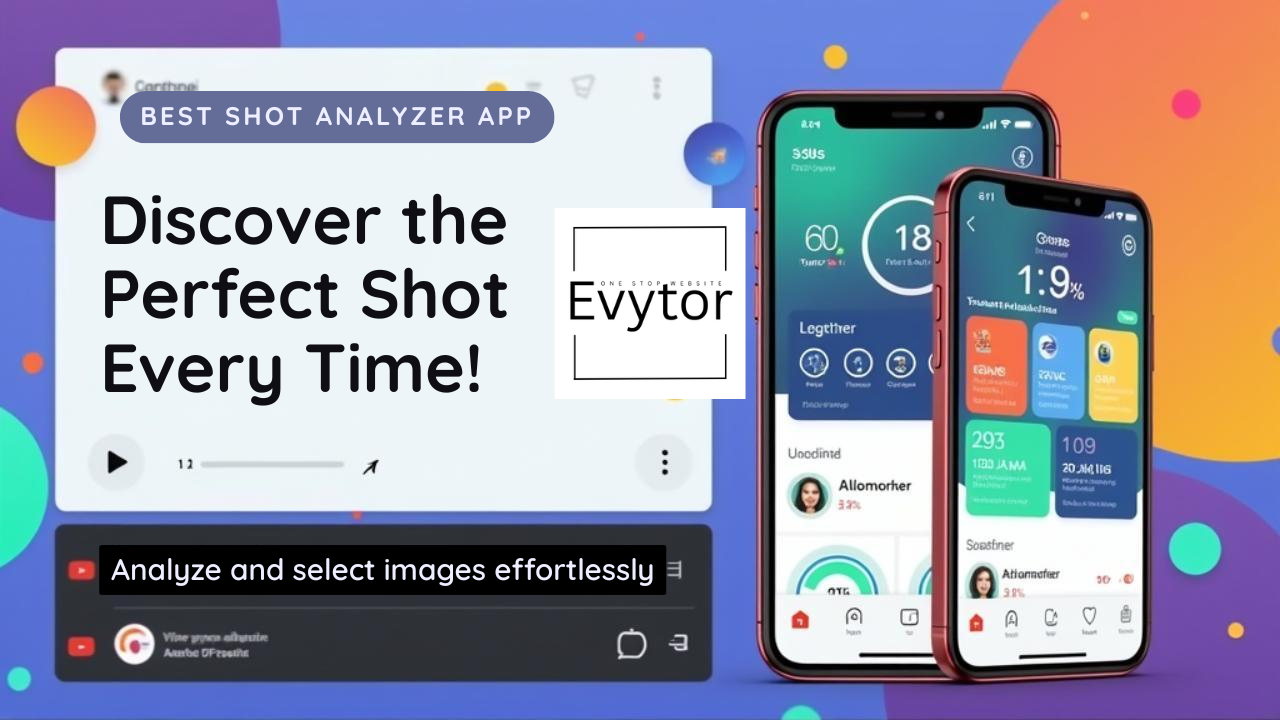Mastering Remote Work Skills Through Affordable Online Courses
The world of work has changed dramatically. Remote work isn't just a temporary trend; for many, it's become the new normal. But thriving outside the traditional office requires a specific set of skills – skills that perhaps weren't emphasized before. 💡 Whether you're looking to transition to remote work, improve your performance, or simply stay competitive in a globalized job market, acquiring these capabilities is crucial.
You might think gaining new skills means expensive bootcamps or lengthy university programs. Think again! The digital age has ushered in an incredible array of **affordable online courses** that can equip you with the expertise needed to excel remotely. This guide will walk you through why these courses are a game-changer and which skills you should focus on mastering.
Why Affordable Online Courses?
Accessibility is key. Online learning platforms have democratized education, making high-quality instruction available to anyone with an internet connection. This is particularly beneficial for remote workers, who already operate outside physical constraints.
Here are some compelling reasons to leverage online courses:
- **Cost-Effective:** Compared to traditional education, online courses offer significant savings on tuition, commuting, and materials. Many platforms even offer financial aid or free audit options. ✅
- **Flexibility:** Learn at your own pace, on your own schedule. This is essential when balancing work, life, and potentially even travel. ✈️
- **Variety:** From mastering specific software to improving 'soft' skills like communication, the range of topics is immense. Whatever skill gap you identify, there's likely a course for it.
- **Current Content:** Online courses are often updated more frequently than traditional curricula, ensuring you learn the most relevant and up-to-date information.
- **Global Networking:** Some courses offer forums or group projects, connecting you with learners and professionals worldwide. 🌍
Essential Skills for Remote Work Success
Remote work demands more self-discipline and different interaction styles. Focusing on these core areas can significantly boost your effectiveness and job satisfaction:
1. Digital Communication & Collaboration
Without water cooler chats or impromptu desk visits, clear and effective digital communication is paramount. Mastering tools like Slack, Zoom, Microsoft Teams, and project management software (Asana, Trello) is non-negotiable. Learn how to write concise emails, lead virtual meetings, and collaborate on shared documents efficiently.
Look for courses covering:
- Virtual Meeting Facilitation 🗣️
- Email Etiquette and Professional Writing
- Using Collaboration Software Effectively
- Asynchronous Communication Best Practices
2. Time Management & Self-Discipline
One of the biggest challenges of remote work is managing your own time without direct supervision. Distractions abound! Developing strong organizational skills, learning to prioritize tasks, and techniques like time blocking or the Pomodoro method are invaluable.
Courses can teach you about:
- Productivity Techniques 🚀
- Setting Boundaries (Work-Life Balance)
- Goal Setting and Tracking
- Dealing with Procrastination
3. Digital Literacy & Technical Proficiency
Beyond just using collaboration tools, a general comfort and competence with technology are vital. This includes understanding cloud storage, basic cybersecurity hygiene, troubleshooting minor technical issues, and quickly learning new software.
Consider courses on:
- Cloud Computing Basics (e.g., Google Workspace, Microsoft 365)
- Cybersecurity Fundamentals 🔒
- Introduction to Data Privacy
- Specific software relevant to your industry (e.g., Adobe Creative Suite, coding languages, CRM tools)
4. Adaptability & Problem-Solving
Remote environments can be unpredictable. Internet issues, communication delays, or unexpected challenges require a high degree of adaptability and the ability to solve problems independently. Courses focusing on critical thinking and agile methodologies can be beneficial.
Finding Affordable Courses
Numerous platforms offer courses at various price points, many very affordable or even free to audit. Popular options include:
- **Coursera:** Partners with universities and companies. Offers Certificates and Specializations.
- **edX:** Similar to Coursera, founded by Harvard and MIT.
- **Udemy:** Vast marketplace with courses often available for under $20 during sales.
- **Skillshare:** Subscription-based, focusing on creative skills and practical application.
- **Khan Academy:** Completely free, great for foundational knowledge.
- **LinkedIn Learning:** Subscription-based, strong on business, technology, and creative skills.
Look out for **sales events**, **free trial periods**, or **financial aid options** offered by the platforms.
Going Further: Pro-Tips for Online Learning Success
Simply enrolling isn't enough. To truly master remote work skills through online courses, consider these pro-tips:
- **Define Your Goals:** What specific skill do you need for your current role or future aspirations? Choose courses that directly address these needs.
- **Schedule Dedicated Time:** Treat online learning like any important appointment. Block out specific times in your calendar. 📅
- **Engage Actively:** Don't just passively watch videos. Take notes, participate in forums, do the exercises, and apply what you learn immediately.
- **Build a Learning Routine:** Consistency is key. Even 30 minutes a day is better than cramming.
- **Leverage Free Resources First:** Many topics have excellent free resources (YouTube tutorials, blogs, free mini-courses). Use these to get a feel for a topic before committing to a paid course.
- **Network:** Connect with instructors and fellow students where possible. These connections can provide support and even career opportunities.
Conclusion
Mastering remote work is an ongoing journey, and continuously upgrading your skills is essential for staying relevant and effective. Affordable online courses provide an accessible, flexible, and cost-effective pathway to acquiring the necessary expertise, from digital collaboration to time management and technical proficiency. Invest in yourself today and unlock your full potential in the remote world! 💪
What remote work skill are you planning to learn next?




